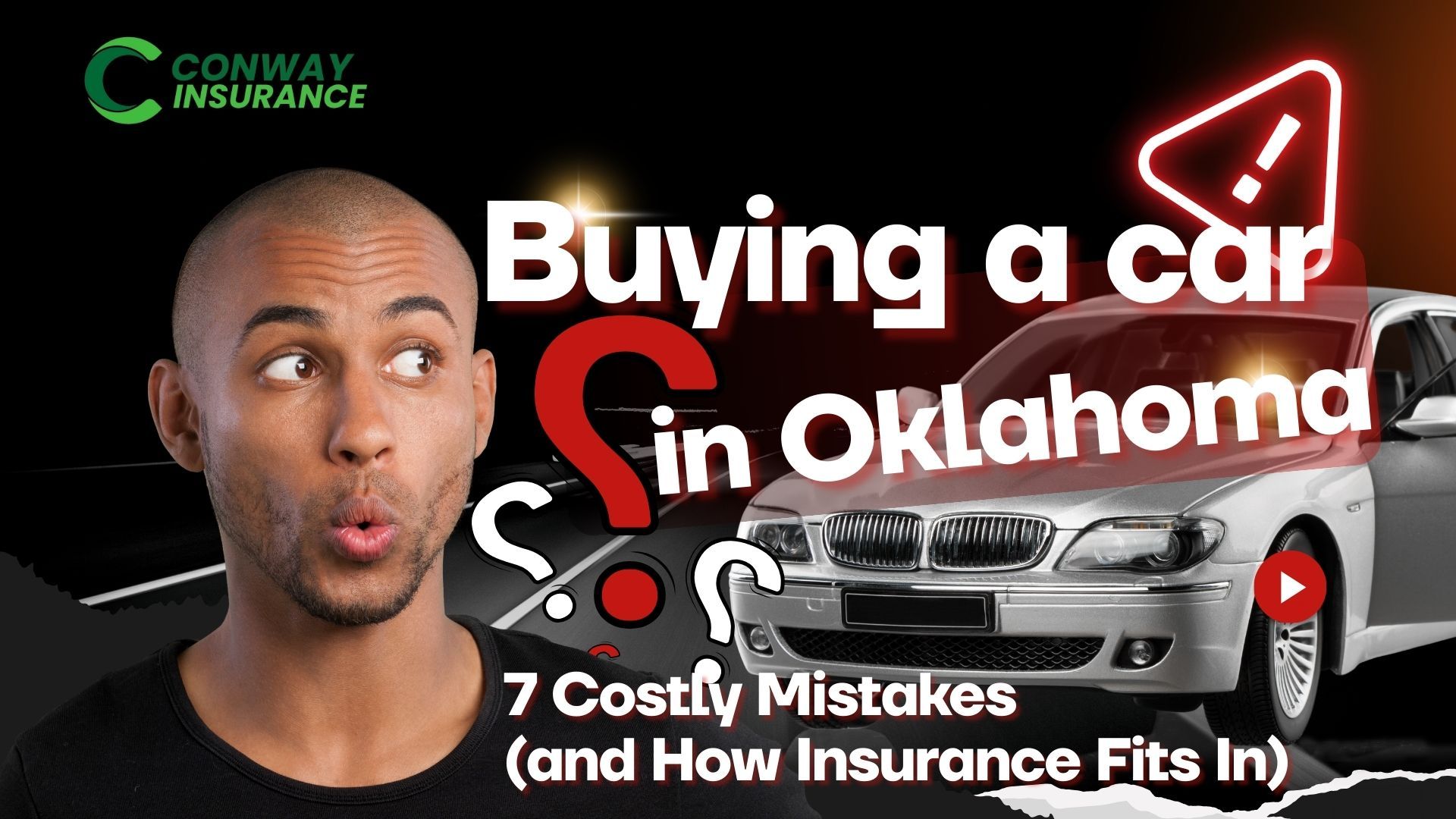A single parent's guide to life insurance: Protecting the future of their children
A single parent's guide to life insurance: Protecting the future of their children

The responsibilities facing a single parent are enormous, and they require dedication, strength, and planning. The financial security of your children shouldn't be overlooked amid everyday demands. The purpose of life insurance is to provide financial protection to your family in case of tragedy. A life insurance policy provides more than financial security for your children; it is a stress reliever.
1. Ensuring your children's financial security
In your household, your income is vital to the well-being of your children because you are the sole breadwinner. In addition to food and clothing, you are responsible for meeting long-term goals such as higher education. Your children may be able to maintain their lifestyles and pursue their dreams if you pass away unexpectedly. They will continue to receive support for their immediate needs and future goals.
2. Debt payments and expenses
Living expenses go beyond ordinary expenses, such as mortgages, car loans, and credit card debt. These debts may become burdensome for your family if you do not settle them. Life insurance protects your children and their guardians against financial hardship during your absence. After death, funeral costs can be surprisingly high, so life insurance policies can be a comfort to those left behind.
3. Guardianship support
In the unfortunate event of the death of a single parent, guardianship arrangements become crucial. Choosing a trusted guardian is crucial, and life insurance can provide the financial support that a guardian needs to fulfill their responsibilities. A child's living expenses, education costs, and any other needs can be covered by this support. A financial stable guardian can take care of your children without having to worry about finances.
4. Flexibility and affordability
Single parents can choose from a variety of flexible and affordable life insurance options. Term life insurance provides coverage for a specific period for a lower premium than whole life insurance. This makes it an excellent choice for single parents whose children are not financially independent yet. Your life insurance policy can be enhanced with a critical illness and disability income protection rider.
5. Peace of mind
Life insurance offers peace of mind, even though nobody wants to think about death. The financial security of your children is important so you can enjoy the present and nurture your family without constantly worrying about them. Life insurance provides your family with stability and security, more than merely planning for the worst.
6. Loss of income protection
Many single parents work multiple jobs or rely on flexible work arrangements to balance their parental responsibilities. Life insurance policies provide income replacement so your family won't have to make drastic lifestyle changes if you pass away. This coverage may benefit special needs children, especially if they require financial assistance.
Tips for Choosing the Right Life Insurance Policy
The best life insurance policy for you should be chosen based on your financial situation and the needs of your family. The following tips will help you:
Identify Your Needs:
Determine the amount of coverage you need based on your current debt, future expenses, and income replacement needs.
Identify Policy Types : Understand the differences between term life, whole life, and universal life insurance to determine which is most suitable for you.
Compare quotes: Compare insurance rates, coverage limits, and terms from different companies. This will help you choose the best offer based on your needs.
Seek the advice of an expert: Gain insight into the complexities of life insurance by working with a financial advisor or insurance agent. Personalized advice and informed decisions can be provided by them.
Single parents should purchase life insurance as a necessity, not as an extra expense. When you provide financial security for your children, you honor their future wishes even when you are absent. Regardless of what life throws at your children, life insurance gives them the support they need to overcome challenges and thrive. As single parents, it is essential to take this proactive step to protect the future of their children.
Please note that the information provided in this article is intended for general informational purposes only and may not apply to your specific situation. Insurance laws and regulations can vary significantly from state to state, and it’s crucial to understand the specific requirements and coverages that apply to your location. We strongly recommend consulting with a licensed insurance agent in your state to discuss your unique needs and ensure you have the appropriate coverage for your circumstances.
Recent posts


